The Champagne
Éclats de Meulière – the fragment of a millstone. The name comes from a layer of rock in Champagne, originally used for the construction of mill wheels. The cuvée of 60% Pinot Meunier, 30% Pinot Noir and 10% Chardonnay, which reflects the signature of Cyril Jeaunaux, grows on this terroir. The champagne shows itself fruit-driven and vibrant. It opens with bright stone fruit, lemon wedges, dried fruit and some cookie. One senses the fruit of Pinot Meunier. These grapes make up the character of the vintner’s Champagnes in the Talus area. Cyril Jeaunaux champagnes all show themselves fruit-driven and at the same time reflect the specificity of the place and the soil. Furthermore, Jeaunaux uses the low dosage of only 5.5g so skillfully that the Éclats de Meulière is still very balanced and round.
Jeanaux-Robin has been committed to biodynamic methods since becoming a member of “Terres des Vins de Champagne” in 2009 and began converting to organic viticulture in 2015.
Tasting Note
- In the glass pale yellow with light amber reflections.
- The nose reveals aromas of light stone fruit, lemons, dried fruit and cookie.
- Very balanced on the palate with creamy, almost fleshy fruit, which is balanced by a slight acidity and minerality.
Pair with
- Especially vegetarian dishes.
- It also perfectly accompanies crustaceans, such as crabs and salads.
- This champagne is also the ideal companion for veal in combination with dried fruits.The Champagne House Jeaunaux-Robin
The winery Jeanaux-Robin was founded in 1950 by the parents of Cyril Jeaunaux. The vineyards are located in the very south of the Côte des Blancs near the village of Talus-Saint-Prix in a very rural area. Away from the glitz and luxury of Champagne. A cool breeze passes by the surrounding hills, often exposing the vines to late frost. Therefore, Pinot Meunier is the grape of choice here, a variety well-prepared for the job.The high percentage of flint guarantees a perfect base for the cultivation of Meunier. A small percentage of the grapes also comes from the Côte des Bar. In addition to stainless steel barrels, the wines are also aged in used barrique, largely avoiding biological acid reduction. Thus, the champagnes acquire a certain uniqueness and honesty, combining acidity, minerality and drinking flow.

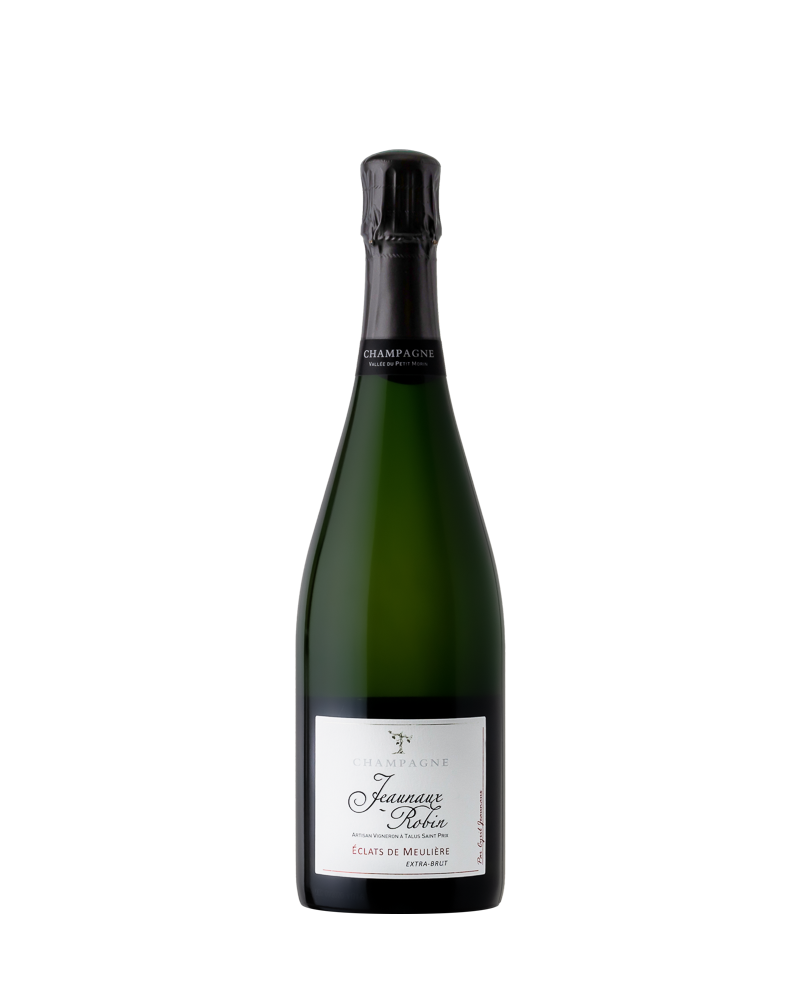
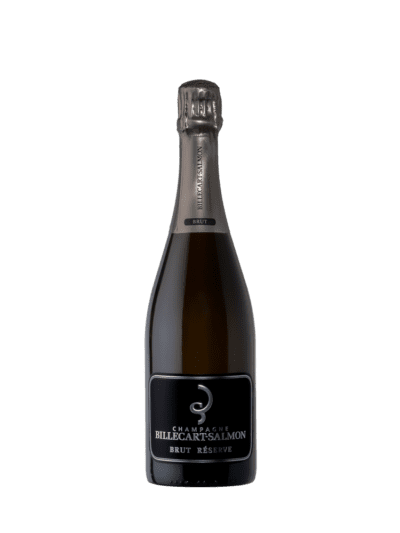
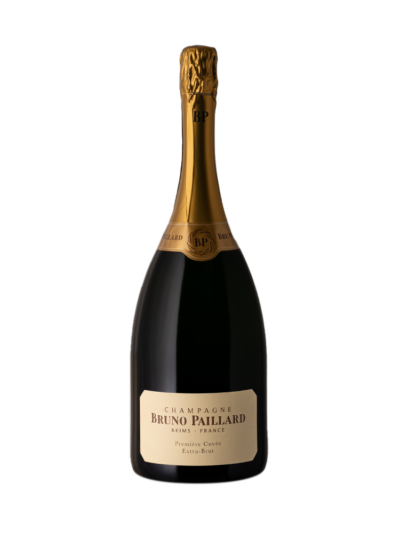
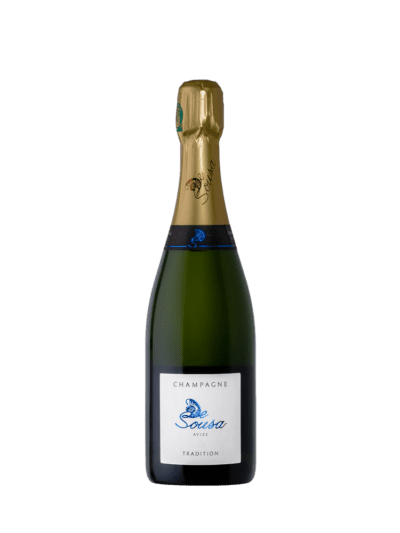
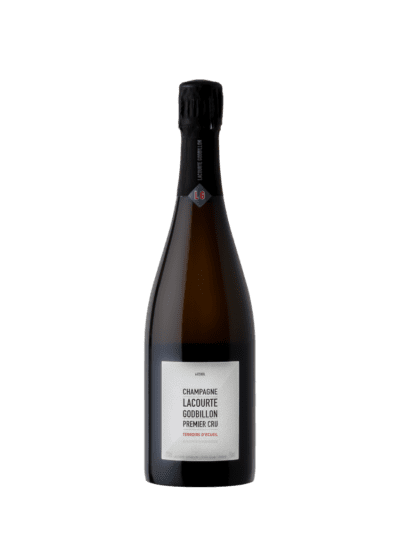
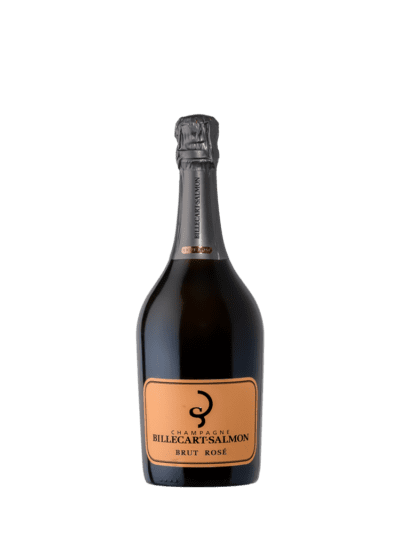
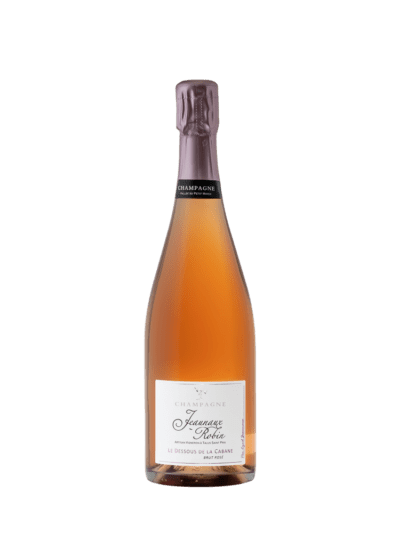
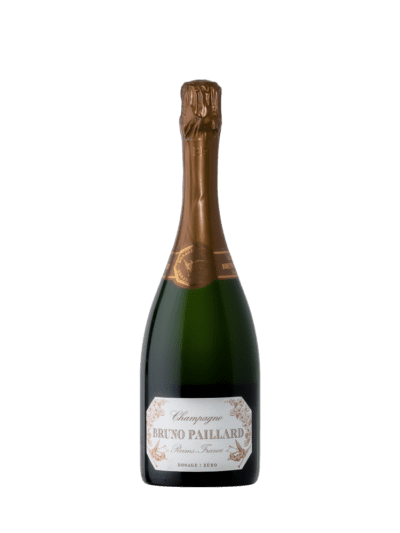
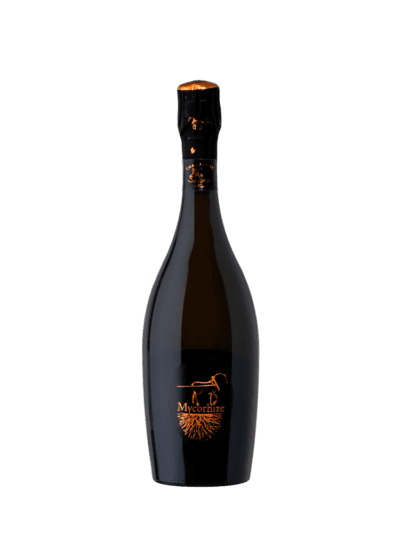
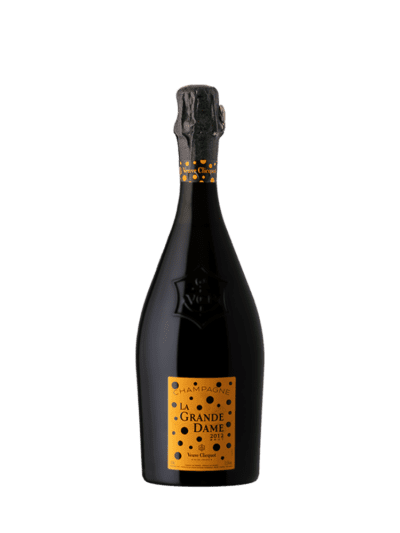
Reviews
There are no reviews yet.